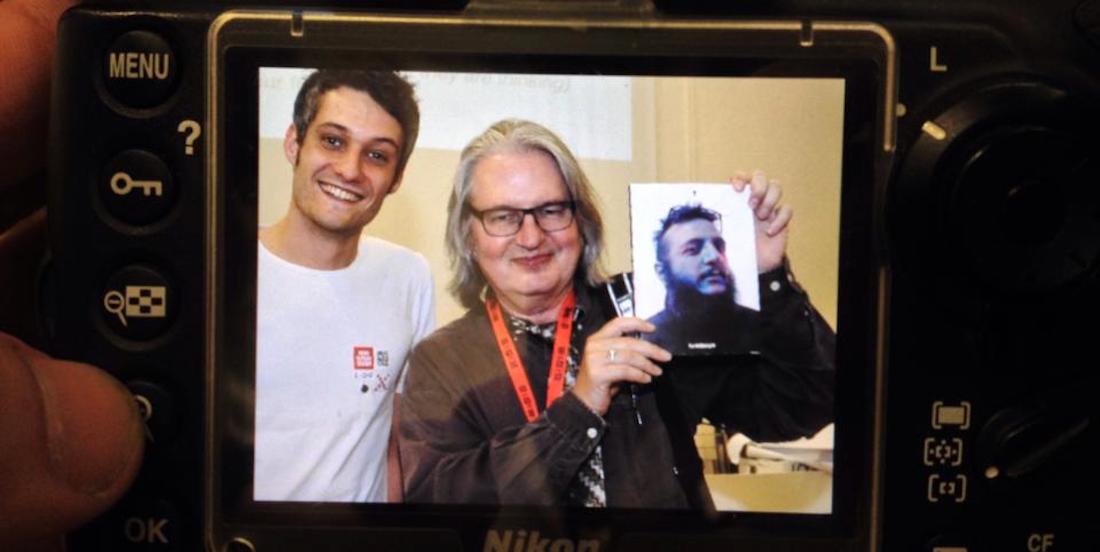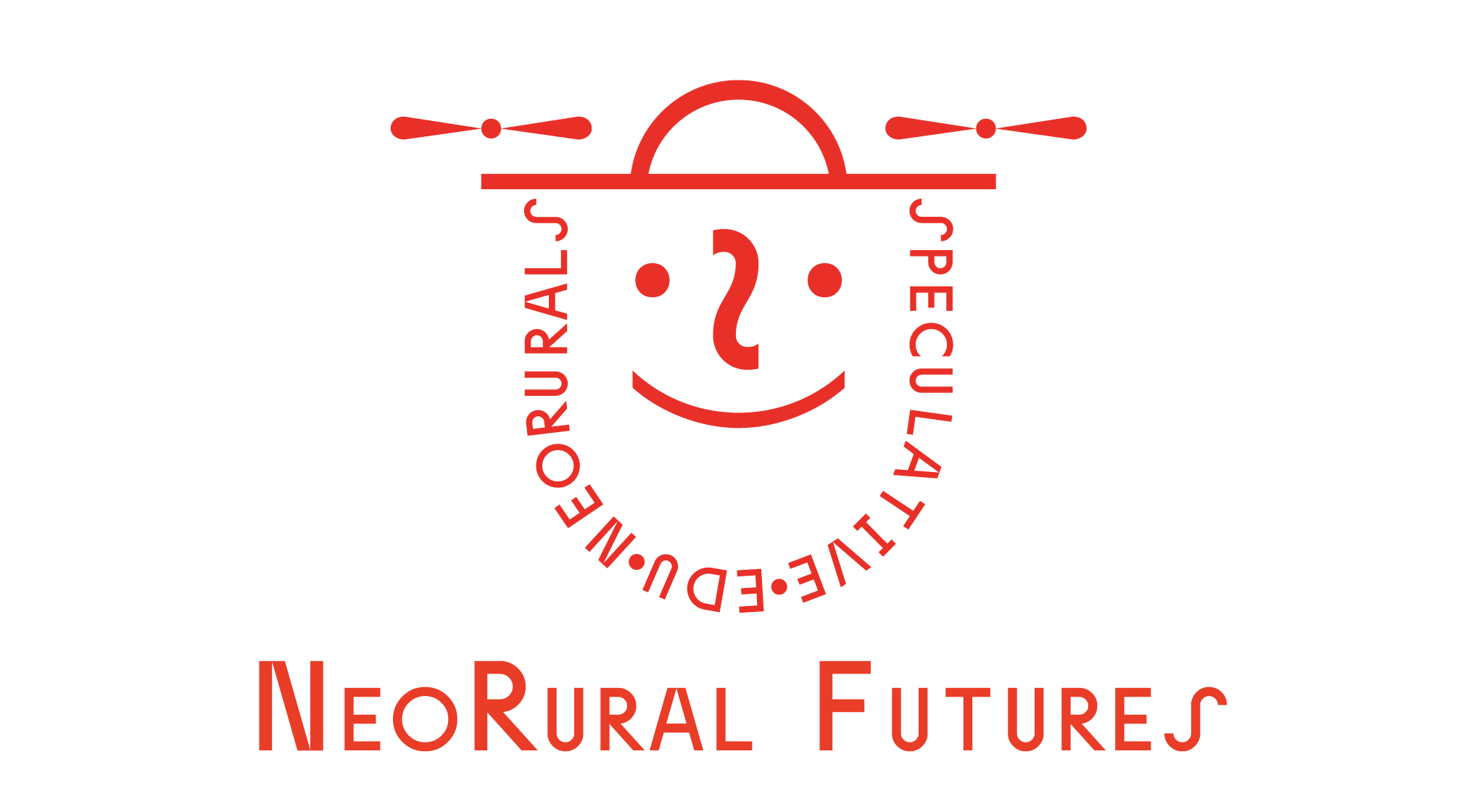SpeculativeEdu
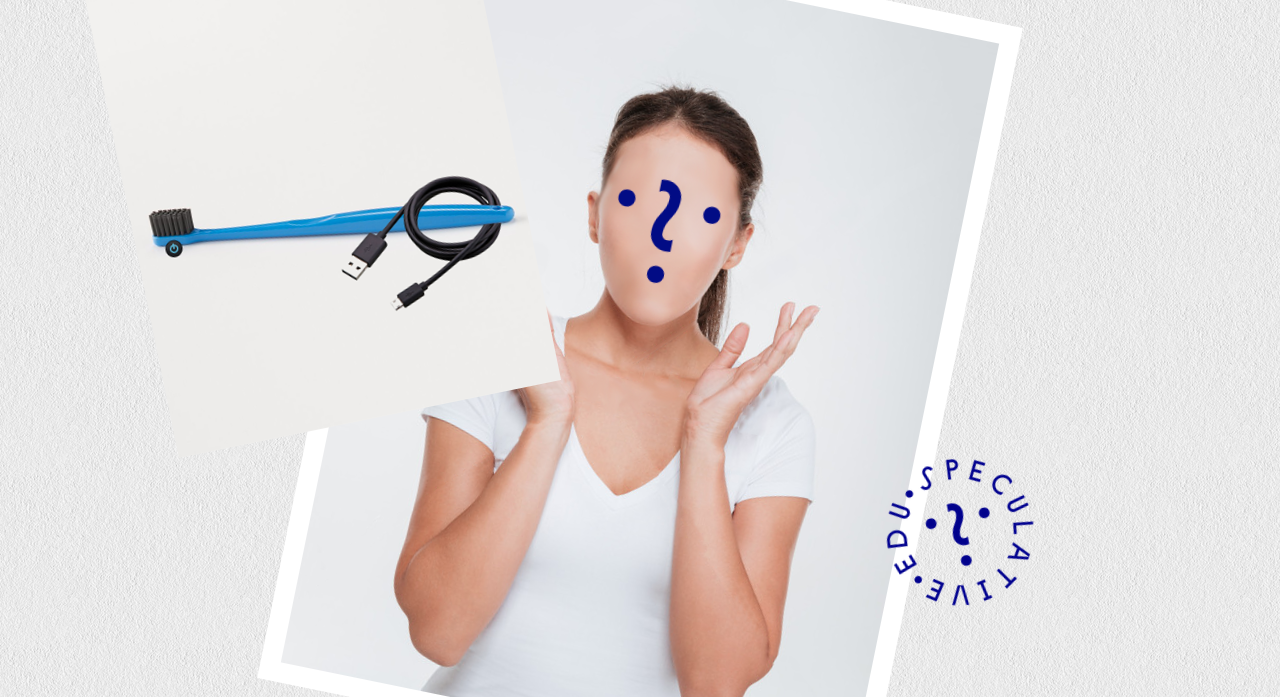
ABOUT
The main aim of the SpeculativeEdu project is to strengthen speculative design education by collecting and exchanging existing knowledge and experience whilst developing new methods in this emerging design field. By creating a transnational strategic partnership, built on different contexts and experiences across Europe, it will create a framework for the exchange of ideas and approaches and develop a Toolkit of resources for speculative design education. In the context of rapidly shifting social, technological, media and economic conditions an increasing number of designers are developing new approaches to design.
These “new designers” act on the borders of traditionally defined disciplines, blurring the distinctions between them. In their research, these new designers engage with diverse fields of science, primarily computer sciences and engineering, sociology, psychology, architecture, biotechnology, nanotechnology, etc., with the goal of critically reflecting on the development and role of technology in society.
Why does HER participate in the SpeculativeEdu project?
In the actions that our research center has led throughout the years, we have often used Speculative Design, Design Fiction and Near Future Design as methods to bring the critical analysis of possible future scenarios to social contexts.
We have led courses and programs at La Sapienza University in Rome, at ISIA in Florence and held workshops in multiple parts of the world on Near Future Design, and created the first official Near Future Design course in Italy, at the ISIA Design University in Florence.
Some of these programs,courses and workshops can be seen on Art is Open Source, together with the publications, exhibits and showcases that have been generated from them.
Through this type of actions we have created the Nefula, first Italian Near Future Design studio, with which we have created a methodology that uses BigData to inspire the design process, and then creates artistic and design interventions to bring the scenarios and design fictions into the public sphere, to engage citizens into the co-creation of scenarios that are not only possible, but also preferrable, meaningful and fulfilling.
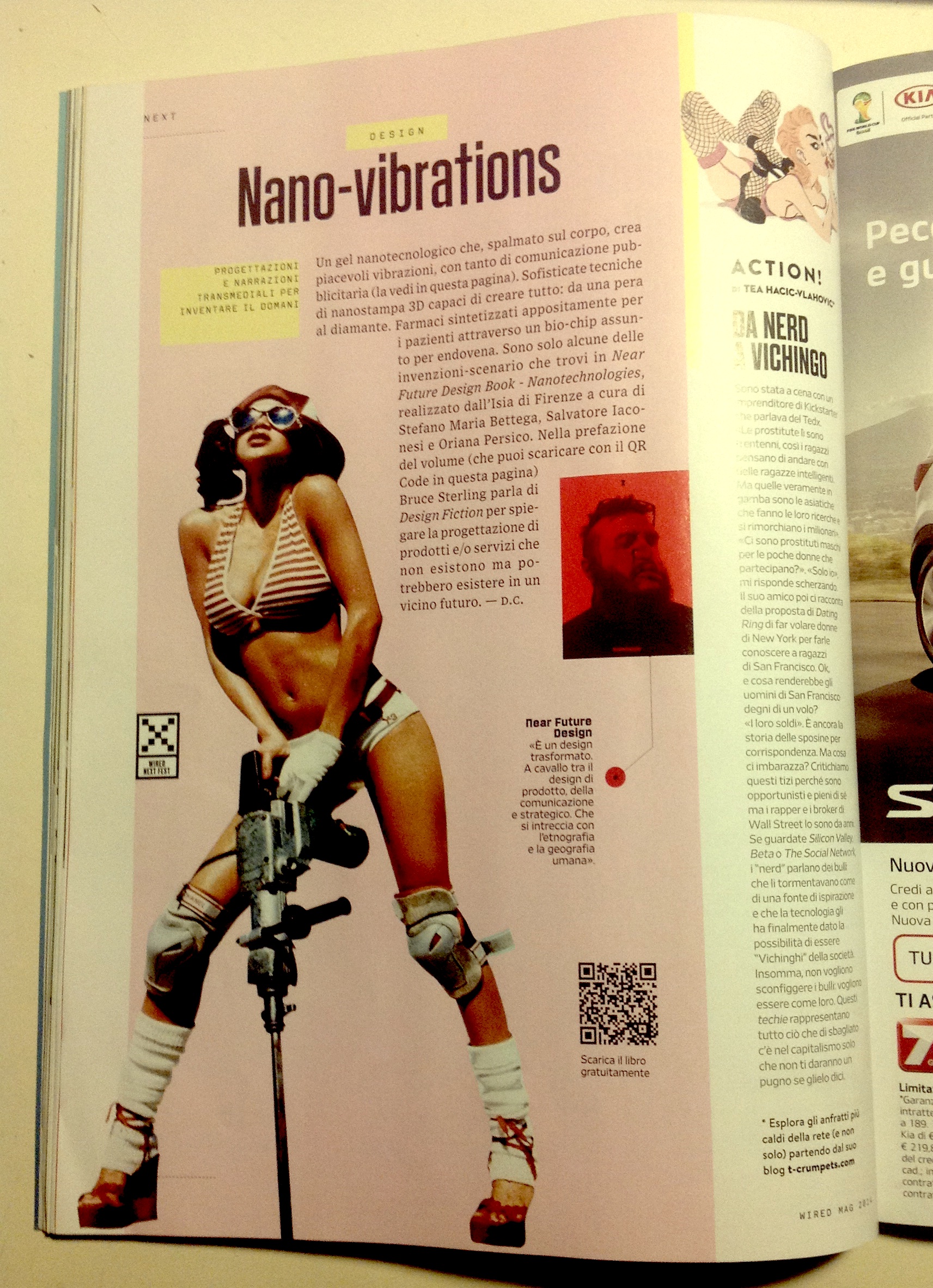
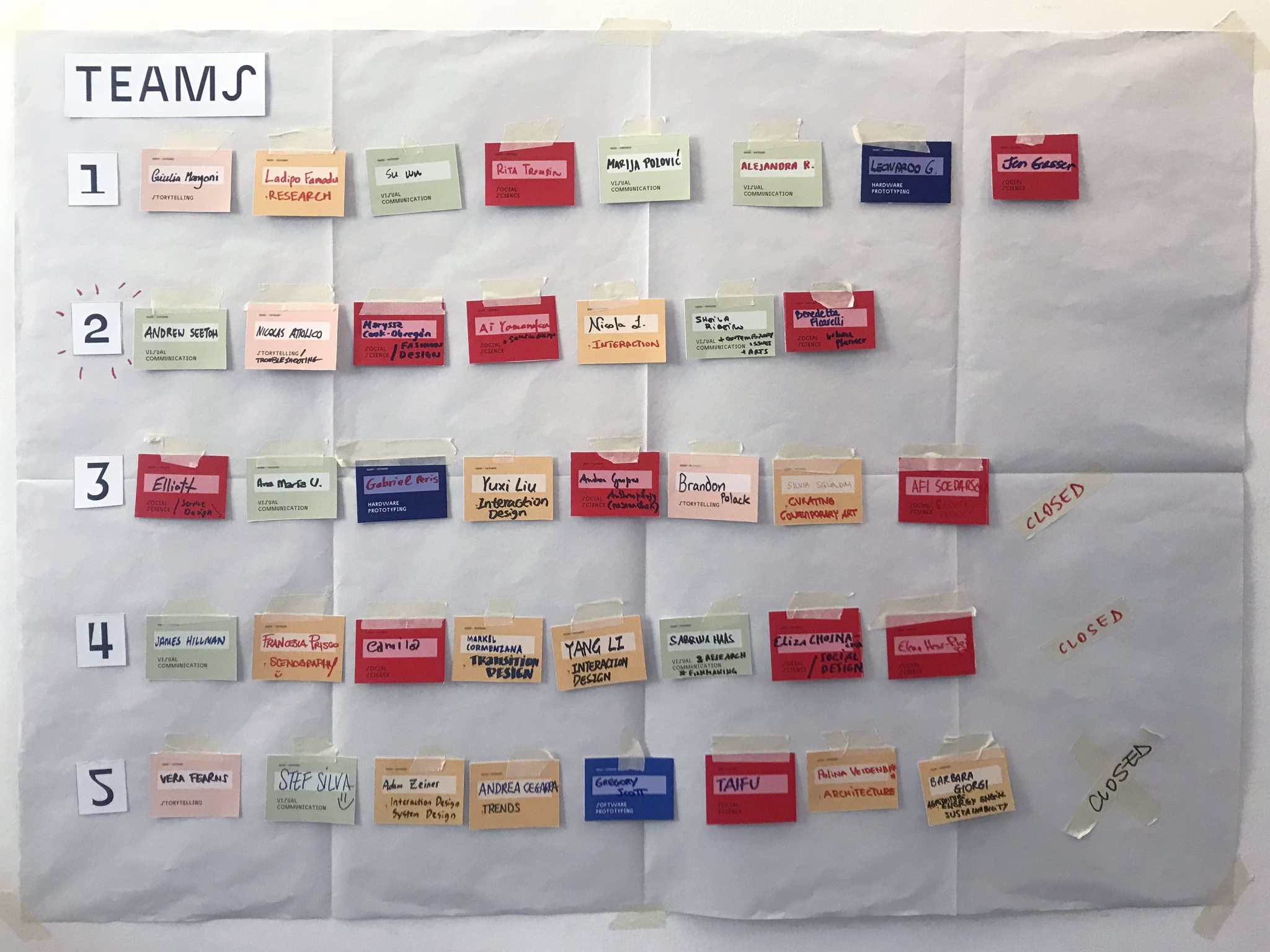
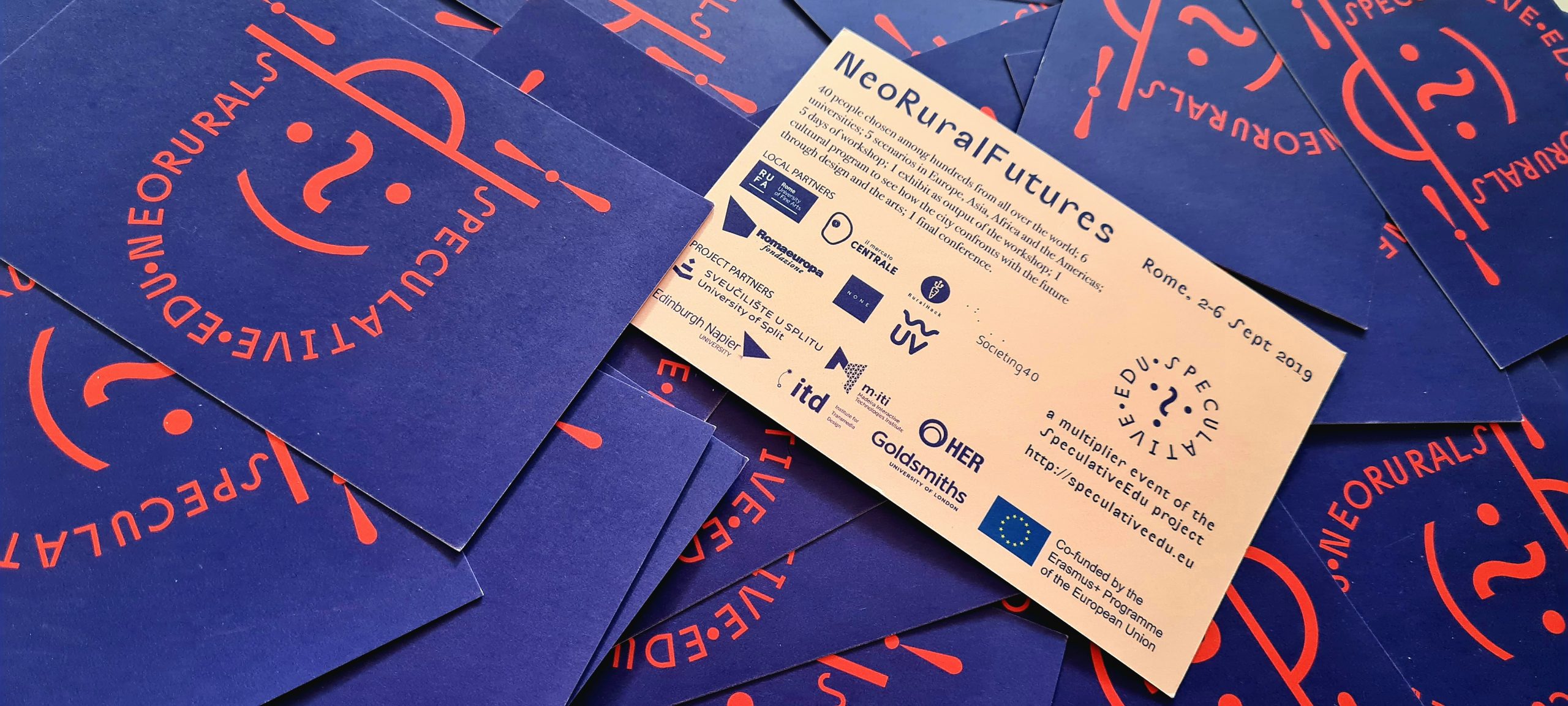
Last project step organized by HER: the NeoRurals Futures summer school
The NEO RURALS FUTURES.Speculative design for rurality in global scenarios summer school of the SpeculativeEdu project was held in Rome in September 2019 at RUFA, Rome University of Fine Art.
The objective of the summer school was to test out the findings of the State of the Art through which the consortium of the SpeculativeEdu project mapped out the education programs and the practices which are involved with a variety of approaches and methods related to speculative design.
40 participants, from different countries and backgrounds, took part at this 5 days workshop. They have worked on 5 locations (Caselle in Pittari, Lushoto, Arjeplog, Chernobyl, the Moon) to imagine and design possible and preferable future scenarios for rurality.
The NeoRurals Futures exhibit
An open exhibition concluded the summer school allowing public to immerse in the near future scenarios, touching and feeling the effects of the transformation.
The outputs of the workshop have been collected in an collective set up: in the Rufa Space 5 scenarios represent the future of the 5 locations.
All the participants groups have produced, for each location, an interactive digital map, an immersive diary, written by a character who gives a subjective perspective of the future scenario, and an object or its manifestation.
Neorural Futures: the book
In Jannuary 2021 we published a documented case history of the SpeculetiveEdu Neorural Futures Summer School.
The book documents for students, professionals and institutions the approaches, methods, design and cultural approaches we used to conceive the event.
It is an how-to, to make research and design alive and part of our society.
What will the SpeculativeEdu project produce?
The project will produce:
- a research on the state of the art of Speculative Design in Europe, including the players, communities, methodologies, tools and instruments
- a publication, the Speculative Design Textbook, which will help professors, students and organizations to create Speculative Design courses and education programs
- an online open Toolkit and Repository, which will include tools, materials, digital content, and which will be available and open, and can be maintained by the Speculative Design community across Europe
